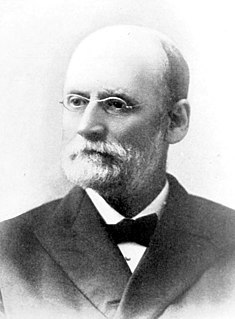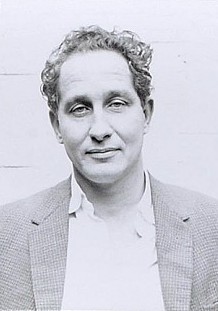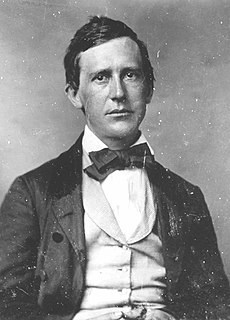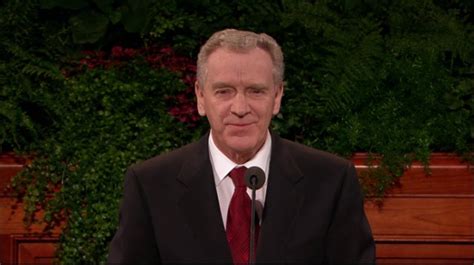A Quote by Gao Xingjian
If literature is to transcend political interference and return to being a testimony of man and his existential predicament, it needs first to break away from ideology. To be without "isms," is to return to the individual and to return to viewing the world through the eyes of the writer, an individual who relies on his own perceptions and does not act as a spokesman for the people. The people already have rulers and election campaigners speaking in their name.
Quote Topics
Related Quotes
All men, or most men, wish what is noble but choose what is profitable; and while it is noble to render a service not with an eye to receiving one in return, it is profitable to receive one. One ought therefore, if one can, to return the equivalent of services received, and to do so willingly; for one ought not to make a man one's friend if one is unwilling to return his favors.
Because of social pressure, individualism is rejected by most people in favor of conformity. Thus the individual relies mainly upon the actions of others and neglects the meaning of his own personal life. Hence he sees his own life as meaningless and falls into the “existential vacuum” feeling inner void. Progressive automation causes increasing alcoholism, juvenile delinquency, and suicide.
In the absence of government each man learns to think, to act for himself, without counting on the support of an outside force which, however vigilant one supposes it to be, can never answer all social needs. Man, thus accustomed to seek his well-being only through his own efforts, raises himself in his own opinion as he does in the opinion of others; his soul becomes larger and stronger at the same time.
It is possible that an individual may be successful, largely because he conserves all his powers for individual achievement and does not put any of his energy into the training which will give him the ability to act with others. The individual acts promptly, and we are dazzled by his success while only dimly conscious of the inadequacy of his code.
A great deal of anthropological/ethnological literature describes indigenous peoples who live in oneness with the natural world and one another. Survival itself necessitates a borderlessness between inner and outer worlds. At times we still feel a return to that unified state. T.S. Eliot’s designation of our return is ‘through the unknown remembered gate.'
You may wonder, 'How can I leave it all behind if I am just coming back to it?
How can I make a new beginning if I simply return to the old?
The answer lies in the return.
You will not come back to the 'same old thing.
What you return to has changed because you have changed.
Your perceptions will be altered.
You will not incorporate into the same body, status, or world you left behind.
The river has been flowing while you were gone.
Now it does not look like the same river.
We are a covenant-making people. We make covenants at the waters of baptism. We renew those covenants each week as we worthily partake of the sacrament. We take upon ourselves the name of Christ; we promise to always remember Him and to keep His commandments. And in return He promises us that His Spirit will always be with us. We make covenants as we enter into the temple, and in return we receive the promised blessings of eternal life-if we keep those sacred covenants.
Then he exploded. "No!" he said. That familiar injunction. I'd heard it so many times. "No. I cannot take this steel. It would not be correct." He opened his knife drawer. "It goes here," he said, "until you return."(That's how you leave: by never saying good-bye.)And I learned that: to return. I came back the following year and the year after that. I hope to return every year (after all, I may never have the chance to learn so much), until I have no one to return to. (301)







































